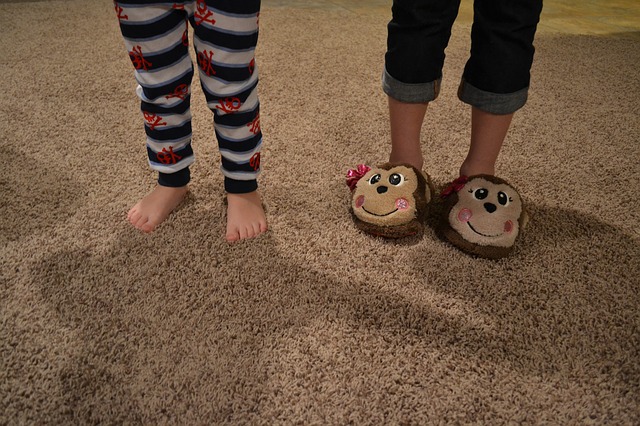Tips on How to Manage a Child That Resists Bedtime

 Dr Melanie Turner is the Director and Principal Psychiatrist of MyChild Psychiatry and Psychology a child and family focussed clinic in Norwood, SA, that also provides online resources for professionals and families. Mel has a strong interest in true early intervention to help children, youth and families connect; be well and move on positively in life. Mel also has a PhD and teaches at the University of Adelaide and is involved in research.
Dr Melanie Turner is the Director and Principal Psychiatrist of MyChild Psychiatry and Psychology a child and family focussed clinic in Norwood, SA, that also provides online resources for professionals and families. Mel has a strong interest in true early intervention to help children, youth and families connect; be well and move on positively in life. Mel also has a PhD and teaches at the University of Adelaide and is involved in research.
Find MyChild Psychiatry and Psychology on Facebook.
Tips on How to Manage a Child That Resists Bedtime
Children and bedtime do not always go together. In fact, it can be a hard night of putting a child to sleep many, many times before they actually settle into a deep sleep and wake in the morning. It can be exhausting for all involved and definitely we all need good sleep to function. So, if we as adults get tired, and we know our kids are tired – why on Earth do they resist it? Well there are a few reasons, and knowing some of the background can help us understand why this all goes on.
Reasons why they resist
- Babies and children were, not so long ago, always in bed or asleep with someone older. In the days of living in groups, children were vulnerable in a hunter gatherer tribe and so they were protected by older children and adults. Our brains were made to sense risk and danger; so, some of their resistance is that going to be alone in the dark can rekindle some of that fear.
- Children when they are older become thirsty philosophers at bed time – reflecting on the day before, the days to come and whether they need more water…This is essentially stalling the goodbye and separation from their parent/caregiver. They are reluctant to leave the activity going on and be alone. This is where the transitional bedtime ritual comes from – the calm reading voice, cuddle time together, hugs before separation – which are all about reinforcing the loving relationship.
- Some children are genuinely anxious and convinced that being alone is dangerous. These kids are not settled by the regular reassurance. This is where the ‘monsters under the bed’ scenario comes from. For younger children they truly believe in the magical and fantasy – so they may settle with monster checking. Other kids will be scared about thieves/break ins and that is a bigger deal. This is when separation anxiety becomes a problem.
- Some children are testing your boundaries and trying to go to sleep when they think they need to and trying to exert some more authority over their routine. This is often when kids are seeking to be autonomous.
What can we do?
- A regular bed time is good for all of us, adults included. We need to lead by example if we can and set a regular bed time for the kids and ourselves. Bedtimes are earlier when kids are younger as they need longer sleep time. In general, junior primary kids to be by 7.30pm, middle primary by 8pm, later primary 8.30pm and start of high school around 9pm.
- No screen time for 2 hours prior to bed is best, and no electronic devices at all in the room. Studies have shown that even having the device in the room, while off, causes anxiety.
- A calming night time routine, which includes reading has shown to increase the quality of sleep.
- Kids may not always be able to share a room with someone or sleep in a group such as hunter gatherers have, but leaving the door ajar; leaving some soft light on helps them to know they are not alone in the house.
- Kids with high levels of anxiety will need more reassurance, a lessening of stress before bed time which might include exercise, music, writing in a journal and spending some positive time together with the family.
- Kids who are testing boundaries, as all kids do as they mature in age, need gentle but firm reminders of bed time. It is OK to reinforce the routine, and to reflect to them that you know they want to stay up longer but as their parent you chose the bedtime and that it is not negotiable that they need to be in bed. Try and anticipate the things that they will stall for and address them beforehand. Be boring, so that there isn’t anything great happening at night.
- One of the best ways to lessen night time anxiety is to have some 1:1 time during the day that reinforces a strong relationship with your child.
Good quality sleep for the whole family is a great goal to have. Sleep is essential for the growing brain and persisting with a positive routine is key. Some of us just have kids who sleep poorly no matter what we do. For those kids it can be worth seeing your GP, psychologist or hypnotherapist to help with more advanced calming techniques to help with sleep and insomnia.












